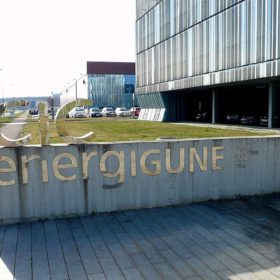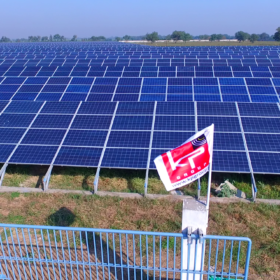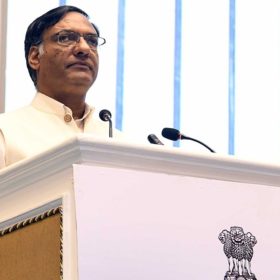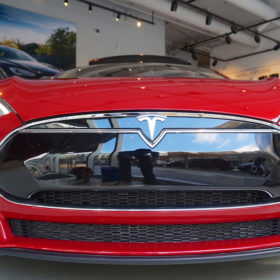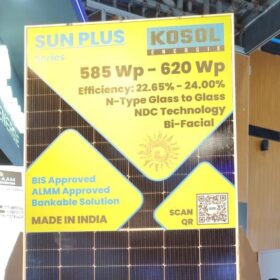Bridging the gap between battery and supercapacitor
By engineering the structure of a hard carbon electrode, scientists at the CIC energIGUNE research center have created an ‘ultrafast battery’ which has been shown to combine the energy density of a lithium device with the fast discharge times normally associated with supercapacitors.
US based Triton Solar buys stake in startup Ushva Clean, JV to launch electric car
Leveraging Triton Solar’s battery technology and Ushva’s experienced team from IIT Bombay, the strategic alliance aims to develop one-of-a-kind car with the longest travel range on a single charge and unique user experience.
Assam retenders 100 MW grid-connected solar projects
Tariff ceiling is fixed at Rs 4 per unit for ground-mounted, grid-connected solar projects that will come up across four regions of the state. The projects are to be developed on build-own-operate basis for supply of power to Assam Power Distribution Company Limited for a period of 25 years. Bidding closes on February 21.
KPI Global bags 2.66 MW captive solar projects from textile customers
Having bagged 2.250 MW capacity in January, the Gujarat-based power generator has won four more solar projects—900 KW for JPB Fibers, 675 KW for N.J. Textile Industries, 135 KW for N.J. Texturisers and 950 KW for Sailaxmi Tex—aggregating to a capacity of 2.66 MW.
Bharat Heavy Electricals opens tender to procure 12m polycrystalline solar cells
The state-owned engineer has specified the dimensions of the devices required and the bid window will close on Friday.
Balancing the renewable energy intermittency
Annual renewable energy balancing between resource-surplus and resource-deficit states can help solve DISCOM woes while ensuring their compliance to renewable purchase obligations.
Healing the cracks for a more stable perovskite
Scientists in the United States have demonstrated simple methods for ‘healing’ the cracks that form in perovskite solar cells. While it is far from clear how the approach could be applied commercially, the work suggests possibilities for maintaining the performance of perovskite cells in long-term operation.
Solar powered portable cold storage, grid monitoring system among winners of Social Alpha Energy Challenge 2.0
The winning startups will receive lab-to-market incubation support at the Clean Energy International Incubation Centre (CEIIC), which has been set up by the not-for-profit platform Social Alpha with support from Government of India and Tata Trusts in Delhi.
India’s future energy options all add up to coal, agree the experts
Panellists including a government representative and a member of the chief policy thinktank used by Narendra Modi agreed coal will continue as the staple source of Indian power into the mid century and technology should be employed to ‘clean’ it.
Energy density advances and faster charging would unlock EV revolution
With electric vehicles making up only 3% of the global car market last year, analyst WoodMac says battery packs need to be cheaper and lighter and range anxiety must be addressed to change the habits of drivers.
